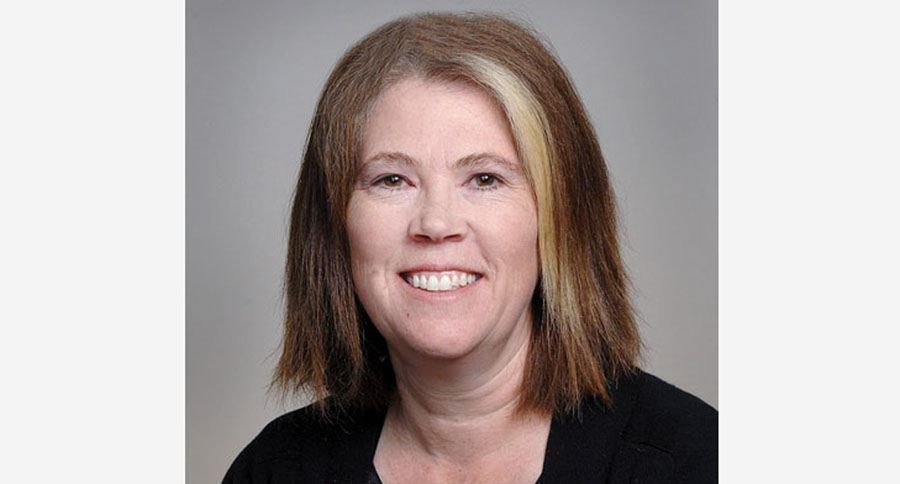It is column writing day and I am sitting here at my desk once again challenged by the blank page. It's different this week. There are lots of stories to write about but the one that has most attracted my interest and attention is a difficult topic and I am not really sure what to say.
I wonder if anyone else is struck by the incongruity of the top two stories in this week's news headlines: Hilary Clinton, the first female presidential nominee of a major political party in the United States; Brock Turner convicted to six months in jail for raping an unconscious woman.
Seriously, I would love to stop writing my column right here and leave the whole space blank in tribute to the gaping irony in contemporary society.
What are we to tell our children about this week's headlines? I certainly don't know what to say except to perhaps point to the different responses in the United States and beyond that might give us hope.
In the United States, the negligible punishment that Turner received from the judge has met with public outrage and there has been significant print and social media coverage about the meaning and nature of consent and white male privilege.
In Canada, the headlines have come together through Christy Clark's confession about an assault that happened when she was a child. Clark's admission letter strips away politics and lays bare a moment when the personal, the moral and the ethical trump politics.
Her letter starts with the admission that the parliamentary style of government that is designed as confrontational makes it that: "Governments almost never consider bills by the Opposition." Clark said, "There are a lot of reasons for that - some good, some not so good - but it's a long, unfortunate tradition in Canada's notoriously partisan parliaments."
I remember many years ago, there were a series of video that were available for classroom use that helped to explain the Canadian system of government.
One of the videos featured an interview with then leader of the Opposition Jean Chretien in which he said something like: "even if I think the government has a good plan, I am obligated by my role as Leader of Official Opposition to oppose it." His point and Clark's point (when she says that there are some good reasons for not accepting the opposition's bill) is that the confrontation is meant to exist as a way to ensure a range of voices /opinions are heard.
But, sometimes, the moral rightness of a bill - in this case proposed by the Green Party - had to stand above "tradition" because the bill "was the right thing to do."
In a story published online by the CBC entitled: "B.C. Premier Christy Clark reveals personal story behind support for campus sex assault bill" they report that the bill was introduced into the Legislature by MLA Andrew Weaver in March "in response to concerns about mishandling of a number of sexual assaults reported on campuses in B.C. and across Canada. The story says that Clark initially "shot down the idea" but Clark's personal experiences gave her the fortitude to rise above her political instinct to ignore the private member's bill.
Her government introduced legislation in the spirit of the Green Party bill and in May passed the Sexual Violence and Misconduct Policy Act.
Why the change of heart?
In a startlingly honest open letter Clark broke her silence about the secret she had kept since her childhood of an incident in which a man pulled her into a copse of bushes. She got away but she suffered the typical response of a young woman: don't tell anyone and feel ashamed.
The moral outrage in the U.S. and the Clark letter here in Canada have given me some solace in trying to deal with the gaping hole between the news headlines.
But, really, what are we to tell our children? Yes, there is a female candidate as nominee for president of the United States. Yes, we have a female premier of British Columbia (and other Canadian provinces). Yes, we are making progress on opening up the conversation about sexual assault. But, no, we have not yet closed the gap.
We still have a long way to go.



